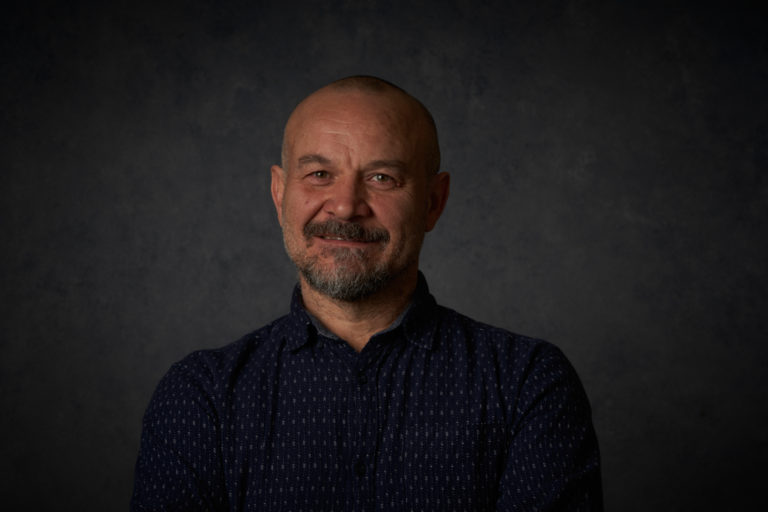Aurora
Aurora has risen, just like the dawn, from the dreams of young friends who in the late 1970’s saw the “land” in their future. A choice was made together about life and work, of quality, and consistent with a great respect for mother nature.
Today, after almost 40 years, Aurora is both a point of reference and ready to embark on new challenges.
Today to talk about organic farming, natural products and biodynamics seems to be “the mode”. These are ideas the Aurora has always practiced, the results, not just ethically are very positive and they push us to continue in the same direction because the only possible road is the one of “sustainable quality”: good, even optimum, but also genuine.
Now begins the time of the new generation; now aged 25 years and the same age as those who began this venture, the first being a total challenge fraught with unknowns but rich in possibilities. Now one can follow the trail already blazed which has also been followed by many other wineries and has given life to a newly realized association: Terroir Marche.The youth are the vital sap; young men and women who are ready to work with the land, the climate and the elements of nature.
In the world of wine, paradoxically, one must evolve to stay true to oneself and even “conventional” producers are changing. Today Aurora has 32 hectares of terrain with 10 hectares of vineyard, 2 in olives, one in fruit trees (mostly apricots), 5 in rotational crops and the rest in forests and the regionally characteristic erosive formations called calanchi.
The most important production is wine, in reality it’s not that we produce the wine, it’s that we know how one to make it well by giving proper relevance to all the important elements which go into its making: the land, the vines, the moon and the sun, the wind and the rain and the work of our hands.

The wines
-
Falerio DOC - 2018
 Trebbiano, Passerina and Pecorino • Vines average Age 25 years • Altitude 180 mt a.s.l. • Clayey, limey Soil with sandy veins • South/North-West Exposure • Fermentation with indigenous yeasts under controlled temperature lasts for 20 days • stainless steel ageing for 6 months
Trebbiano, Passerina and Pecorino • Vines average Age 25 years • Altitude 180 mt a.s.l. • Clayey, limey Soil with sandy veins • South/North-West Exposure • Fermentation with indigenous yeasts under controlled temperature lasts for 20 days • stainless steel ageing for 6 months -
Fiobbo Offida Pecorino DOCG - 2016
 100% Pecorino • Vines Age 20 years • Altitude 180 mt a.s.l. • Clayey, limey Soil with sandy veins • North-West Exposure • Fermentation with indigenous yeasts under controlled temperature lasts for 18 days • Partly aged (30%) in oak barrels (15Hl) and partly in stainless steel tanks for 10 months.• 3 months of bottle fining
100% Pecorino • Vines Age 20 years • Altitude 180 mt a.s.l. • Clayey, limey Soil with sandy veins • North-West Exposure • Fermentation with indigenous yeasts under controlled temperature lasts for 18 days • Partly aged (30%) in oak barrels (15Hl) and partly in stainless steel tanks for 10 months.• 3 months of bottle fining -
Rosso Piceno DOC - 2018
 Montepulciano, Sangiovese, Cabernet Sauvignon • Vines average Age 25 years • Altitude 180 mt a.s.l. • Clayey, limey Soil • South Exposure • Fermentation with indigenous yeasts under controlled temperature and with skin contact lasts for 10 days • Aged in stainless steel vats for 6 months
Montepulciano, Sangiovese, Cabernet Sauvignon • Vines average Age 25 years • Altitude 180 mt a.s.l. • Clayey, limey Soil • South Exposure • Fermentation with indigenous yeasts under controlled temperature and with skin contact lasts for 10 days • Aged in stainless steel vats for 6 months -
Rosso Piceno Superiore DOCG - 2017
 Montepulciano, and Sangiovese • Vines average Age 25 years • Altitude 180 mt a.s.l. • Clayey, limey Soil • South-West Exposures • Fermentation with indigenous yeasts under controlled temperature and with skin contact lasts for 10 days • Aged for 12 months in 30Hl and 15Hl oak casks
Montepulciano, and Sangiovese • Vines average Age 25 years • Altitude 180 mt a.s.l. • Clayey, limey Soil • South-West Exposures • Fermentation with indigenous yeasts under controlled temperature and with skin contact lasts for 10 days • Aged for 12 months in 30Hl and 15Hl oak casks -
“Barricadiero” Offida Rosso DOCG - 2015
 100% Montepulciano • Vines average Age 25 years • Altitude 180 mt a.s.l. • Clayey, limey Soil • South Exposure • Fermentation with indigenous yeasts under controlled temperature and with skin contact lasts for 10 days • Aged for 24 months in old barriques and 15Hl oak casks • At least 6 months of bottle fining before the release
100% Montepulciano • Vines average Age 25 years • Altitude 180 mt a.s.l. • Clayey, limey Soil • South Exposure • Fermentation with indigenous yeasts under controlled temperature and with skin contact lasts for 10 days • Aged for 24 months in old barriques and 15Hl oak casks • At least 6 months of bottle fining before the release
